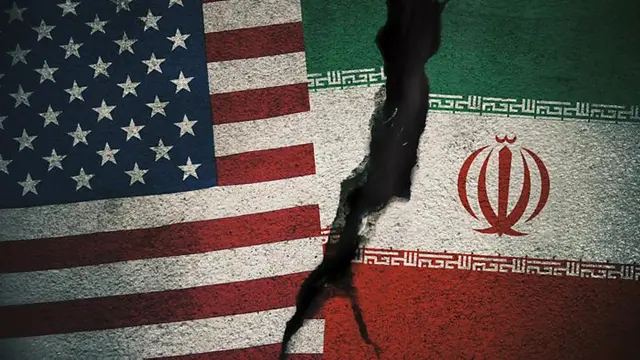Editor's note: Prof. Engr. Zamir Ahmed Awan, Sinologist (ex-Diplomat), Non-Resident Fellow of CCG (Center for China and Globalization), National University of Sciences and Technology (NUST), Islamabad, Pakistan.The article reflects the author's opinions, and not necessarily the views of APD.
The history of US-Iran tensions goes back to pre-revolution in 1979. The US and British intelligence agencies orchestrated a coup to oust Iran's democratically elected Prime Minister, Mohammad Mossadeq. The secular leader had sought to nationalize Iran's oil industry under communist influence. The coup consolidated power under Emperor Reza shah, ensuring cooperation with the US on oil and discouraging Communism influence.
The US was supporting the Iranian Emperor Reza Shah Pahlavi, against the popular movement and uprising in Iran against Emperor led by Ayatollah Ruhollah Khomeini.
The 1979 Revolution in Iran ended the empire of the US-supported Empire of Reza Shah Pahlavi and established a new government by revolutionary forces led by Ayatollah Ruhollah Khomeini. A group of revolutionary students took over the US embassy in anger and protested against America, and made 55 Americans as a hostage for 444 days.
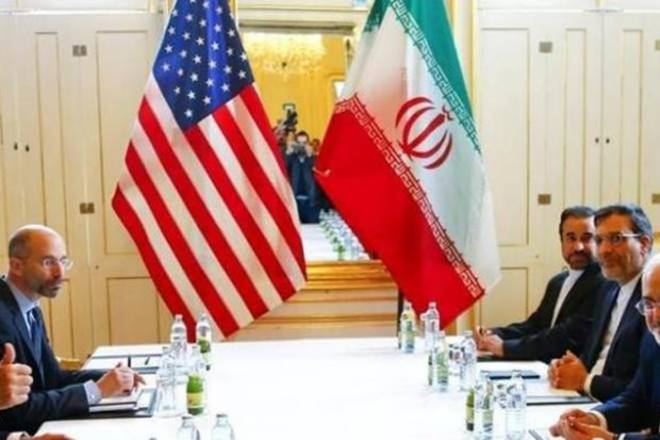
The United States in 1980 broke up ties with Iran banned American exports to Iran and expelled Iranian diplomats in retaliation. The American cruiser Vincennes mistakenly shot down an Iranian airliner in 1988 over the Persian Gulf, killing all 290 aboard.
President Bill Clinton’s administration in 1993, started a massive campaign to isolate Iran, blaming Iran for supporting terrorism, seeking nuclear arms and trying to derail Americans initiated the Middle East peace process and imposed economic sanctions.
In his State of the Union address, President George Bush denounced Iran as part of an "axis of evil" with Iraq and the Democratic People's Republic of Korea (DPRK). The speech triggered outrages in Iran and tensions raised to a high level. The US accused Iran of a clandestine nuclear weapons program, which Iran denied.
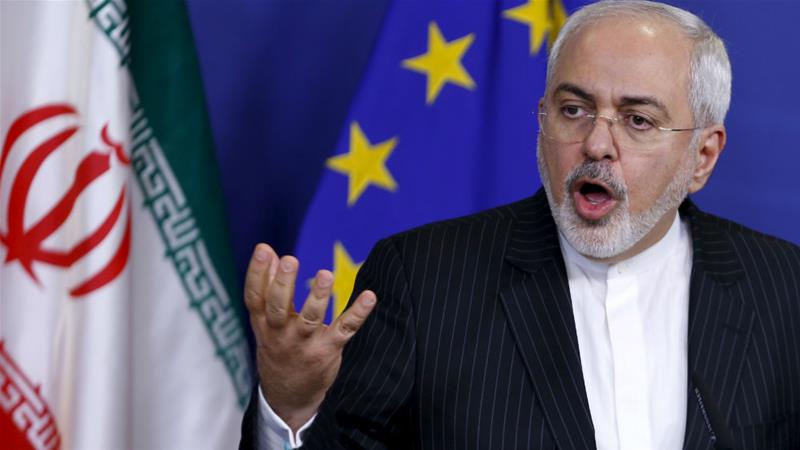
A decade of diplomatic activity and intermittent Iranian engagement with the UN's nuclear watchdog followed in the early 21st century. Several rounds of sanctions imposed by the UN, the US and the EU against ultra-conservative President Mahmoud Ahmadinejad's government caused a huge economic crisis for Iran.
Then in 2015, after a flurry of diplomatic activity, Iran agreed on a long-term deal on its nuclear program with a group of world powers known as the P5+1 - the US, UK, France, China, Russia, and Germany. Under the accord, Iran agreed to limit its sensitive nuclear activities and allow in international inspectors in return for the lifting of crippling economic sanctions.
In May 2018, US President Donald Trump abandoned the nuclear deal unilaterally. Although the International Atomic Energy Agency (IAEA) has reported that there is no evidence of Iran’s noncompliance and American Congress relevant committee’s report of no deviation from the agreed deal by Iran, but based on a PowerPoint presentation by Israeli Prime Minister Netanyahu, President Trump scrapped the deal and broke unilaterally. All other members of this deal, like the UK, France, China, Russia, and Germany were committed to continuing the deal.
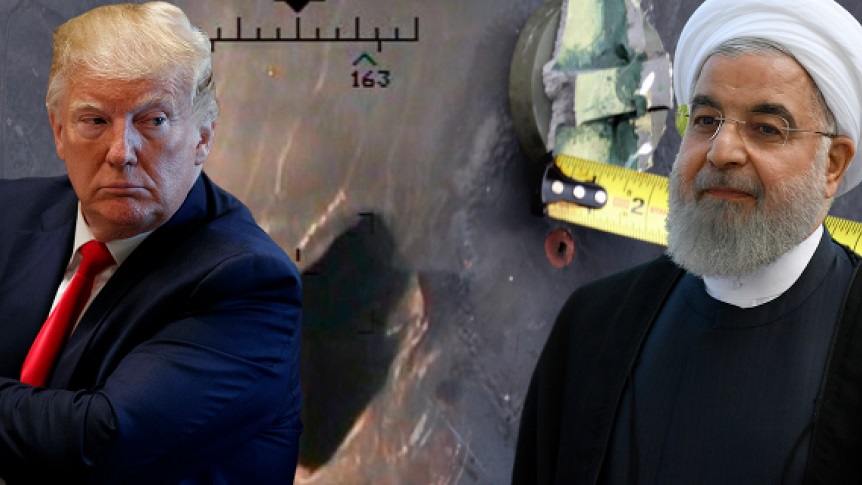
The US imposed economic sanctions against Iran and threatened to do the same to countries and firms that continue buying its oil. Iran's economy fell into a deep recession and severe crisis. Relations between the US and Iran worsened in May 2019, when the US tightened the sanctions targeting Iran's oil exports. In response, Iran began a counter-pressure campaign and preventive measures. In May and June 2019, explosions hit six oil tankers in the Gulf of Oman, and the US accused Iran. On 20 June, Iranian forces shot down a US military drone over the Strait of Hormuz. The US said it was over international waters, but Iran said it is over their territory.
On 3rd of January 2020, the US assassinated Iranian General Qasim Suleimani in Baghdad by a drone attack. It was an open violation of the International Law, the UN Charter and all norms of the civilized world. It was also a violation of US laws, as the attack was based on presidential orders only, without involving and getting any consent from the US Congress. President Trump didn’t involve in his NATO allies or Middle-East allies.
There was widespread condemnation from the international community as well as inside America. Agitations and protests were witnessed all around the world as well as inside America. US Congress had to pass a bill/ resolution limiting the Presidential powers of War.
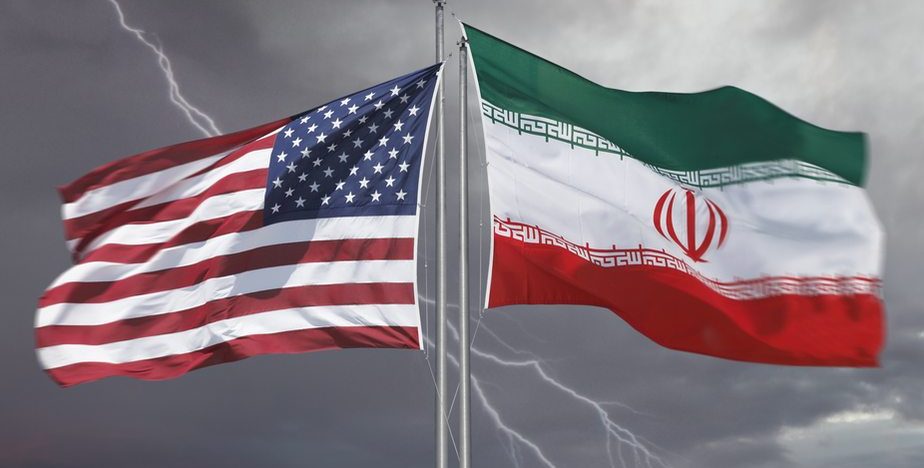
On the assassination of General Suleimani, the anger of the Iranian public was very severe and millions of people gathered in mourning and burial ceremony of General Suleimani. There was immense pressure on the Iranian government for revenge. Under huge public pressure, Iran retaliated and fired 22 missiles on an American basis in Iraq. But following UN procedures, it has informed the Iraqi government about its attack. That is why Iraq and the US have taken all preventive measures to move the troops to safe places in order to minimize the damage because Iran’s intention was not to escalate the war or cause heavy damages. Both sides are satisfied as the American was saved from heavy damages and Iran satisfied its public for taking revenge. Only limited to this event, it was almost a face-saving exercise for both sides.
This incident was quite different than the previous adventures like Iraq war, Libya War, Syria War, Afghan War, and etc. where fake news and fabricated stories were disseminated widely like, Iraq having weapons of mass destructions, Syria using Chemical weapons against rebels, Afghanistan’s involvement in 9/11 attack on twin tower in 2001, etc. In all these wars, the US took its allies on board and regional powers before attacking. But this time, President Trump did not bother anyone and ignored its Congress, its allies in NATO, Europe, and the Gulf, but executed military action on its own. However, the U.S. has tried to fabricate reasons and justifications for its attack afterward, like General Sulemani was involved in the killing of its own people, American Contractor, and attacks on the US embassy in Iraq, and etc. But no one buys such justification at all.
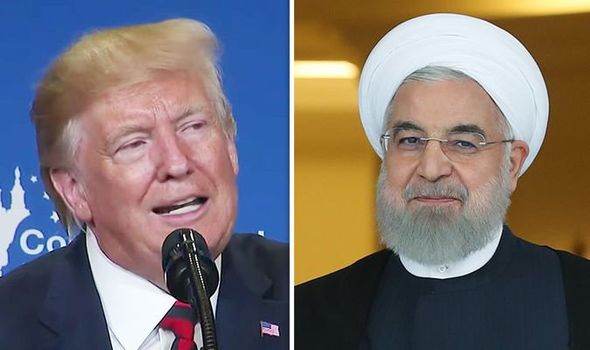
On the surface, it seems the war has been averted and no danger of immediate escalation exists. But in fact, the tension is still there and has even grown-up, but in a different format. The U.S. has indicated many strict sanctions on Iran and declared that Iran will not be allowed to develop nuclear technology. It is anticipated that the U.S. may ask its allies to join hands in the implementation of sanctions. While Iran has earlier announced, if Iran cannot export oil, then no other country in the region will be allowed to export oil to any other country in the world.
Iran’s geostrategic location is just at the entrance of straight of Hurmuz, at the gateway to the oil-rich Middle-East. On one hand, Iran is in a position to block this trade route for oil transportation easily. Due to rivalry with the US, Iran has developed its defense to a level where it can protect its interests conveniently. On the other hand, China and Russia also have their strategic interests with Iran and may not keep Iran alone to face the challenges posed by America.
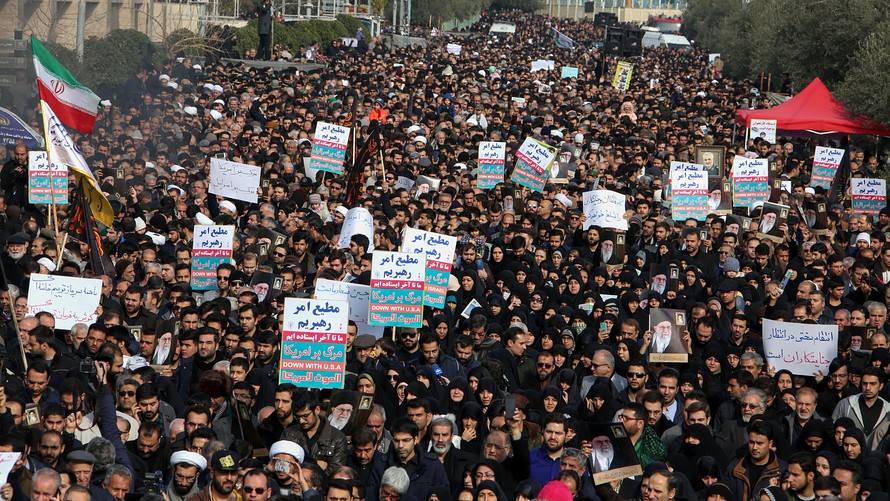
President Trump has already lost both the American public and Congress's support. Allies are also not happy with Trump’s way of handling the Iran issues. And Trump’s hate against Muslims has also made him controversial. Although some of the governments might support Trump, the public at large in the Muslim world opposes him.
According to the U.S. president, beautiful 2 trillion-weapons are to counter Iran. But it seems the realities on the ground are quite different.
I think the time has reached when all peace-loving nations and individuals should join hands for global peace and stability. I think we need to strengthen the UN, its charter and the International community to struggle for justice, peace, stability, and prosperity. We need to fight against poverty, against natural disaster and protect the environment. I believe we have a heavy responsibility to hand over a better world to our next generations. Our children should not suffer or face the same challenges, which we are facing. Making our tomorrow better than today is our ultimate aim.
(ASIA PACIFIC DAILY)
 简体中文
简体中文

